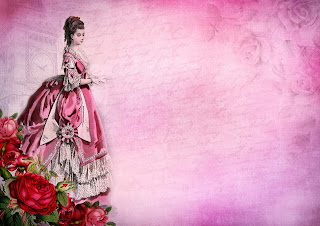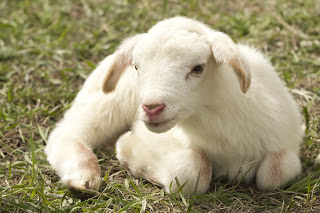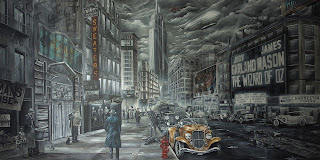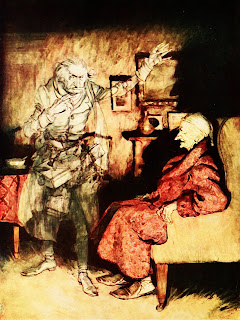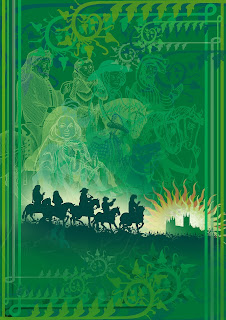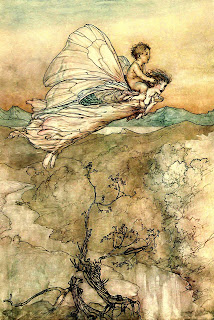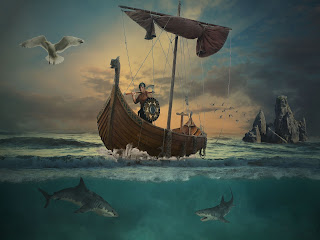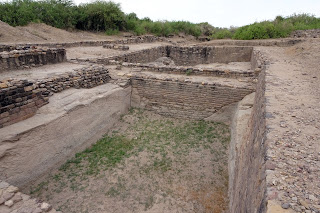
Dravidians The origin of the Dravidian people and the foundations of their languages have sparked many debates. Anthropologists also have different theories. Some aver that the Dravidians lived in India before the Indo-Aryans arrived here. We learnt in school that the Indus Valley civilization was of Dravidian origin. This was the theory of Western scholars during the British Raj, according to which Aryans entered India between 2000 BCE and 1000 BCE, displacing the population of the Indus Valley Civilisation. Historians have included hunting-gathering tribes of ancient India among the Dravidians as well. Rural farming communities started forming in India 9000 years ago. As surplus crops were produced, they required to be stored. People needed to stay close to granaries thereby ushering in urbanisation. That’s how the Indus Valley Civilisation may have emerged. Over the centuries, they learned advanced town planning. Their towns had great plumbing with drains. The heydays of t
